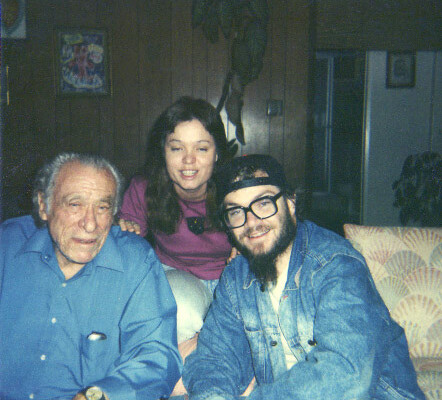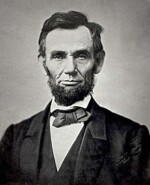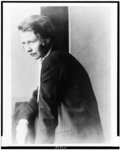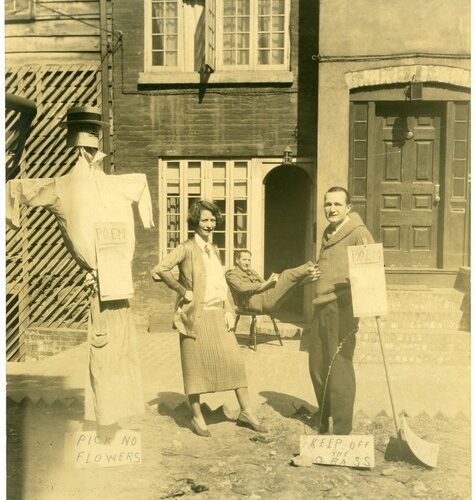Alcoholic nerves of Charles Bukowski had many feelings, he was a king in poetry representing life of Sex, violence, love and crime. Almost all of absurd life. Everyone want to read Charles Bukowski poems. Here I found the one, "Bluebird".
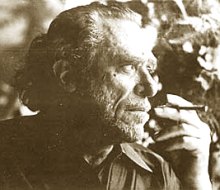
One of the great authors of nearly 40 books (including Short stories, Poems and Novels) from New York City and attended Los Angeles city college. Charles Bukowski (b. 16 Aug 1920 — d. 9 March 1994) was German-American poet. He was a heavy drinker and never remembered his best poem written without a glass of liquor.
From his some quotes and poems it has proved that he was a lover of loneliness and his mind works the best when he spent time only with nature. Astonishing thoughtful mind of Bukowski who was best at observing people and their life. He was a great believer of “man takes away nothing when he dies,” keeping that sense he used to live his life like a free bird.
To do a dull thing with style-now that's I call art
Charles Bukowski
In his autobiographical book, Ham On Rye, tales of ordinary man, he wrote how fearful he was, often boys bullied him and got many rejections from girls during college and university. The first spark of love for words was at thirteen. When he moved to New York, his hopeless calendar was full of travelling weeks with many rejections at every door. And from all the crowds, almost many months.
I don't think I have written a poem when I was completely sober
Charles Bukowski
Until he passed the difficult exams of failures of careers in his adulthood, it was like — he was walking miles searching for water in the desert. At the age of 35 Charles Bukowski roamed the city in dark, empty stomach and pockets. Bukowski continued watching dreams, nightmares, keeping hope optionally in the second pocket. However, he never forgot smelling, tasting the words and his wild rhythmic thoughts pouring on the papers.
He was jobless but never hide his expressing strong emotions to poetry lovers. Those days, he said that alcohol, pen and paper were the best companions. His erotic, criminal and chasmic thinking never let him sleep but to keep him awaken and produced best-selling poetry books in later years.
Charles Bukowski Poems are famous. Here is the one I found, bluebird
Thoughts of Bukowski were more toward inclination of death and killing scenes, settings and notes of a dirty old man left every one thrill. Poems of Bukowski were all about realism, fearless, relationship, violence, romance, sex, erotic and his poems somewhat deep thoughts of all and his pen love to walk through the fire.

Poem Bluebird by Charles Bukowski
There's a bluebird in my heart that
wants to get out
but I'm too tough for him,
I say, stay in there, I'm not going
to let anybody see
you.
There's a bluebird in my heart that
wants to get out
but I pour whiskey on him and inhale
cigarette smoke
and the whores and the bartenders
and the grocery clerks
never know that
he's
in there.
There's a bluebird in my heart that
wants to get out
but I'm too tough for him,
I say,
stay down, do you want to mess
me up?
You want to screw up the
works?
You want to blow my book sales in
Europe?
There's a bluebird in my heart that
wants to get out
but I'm too clever,
I only let him out
at night sometimes
when everybody's asleep.
I say, I know that you're there,
so don't be
sad.
Then I put him back,
but he's singing a little
in there, I haven't quite let him
die
and we sleep together like
that
with ours
secret pact
and it's nice enough to
make a man
weep, but I don't
weep, do
You?
Also read: suicidal poet, Sergei Yesenin who proved that despite having bad habits (heavy drinking and outburst publicly), his soul was clean.
And poet: Amy Levy who gave up her life at very young age but her poems and analytical skills is difficult to depict her melancholy life. Robert Stevenson was very passionate about travelling despite his bad health but his poem: “Autumn Fires” won hearts of many.
